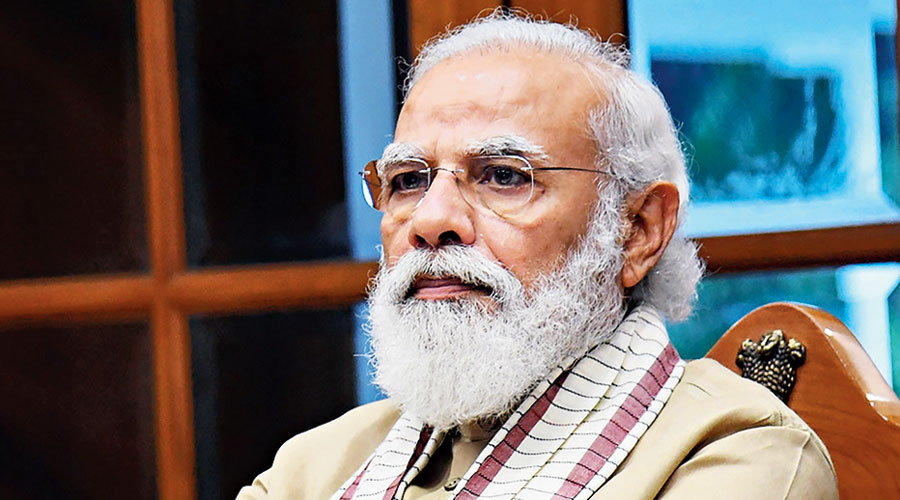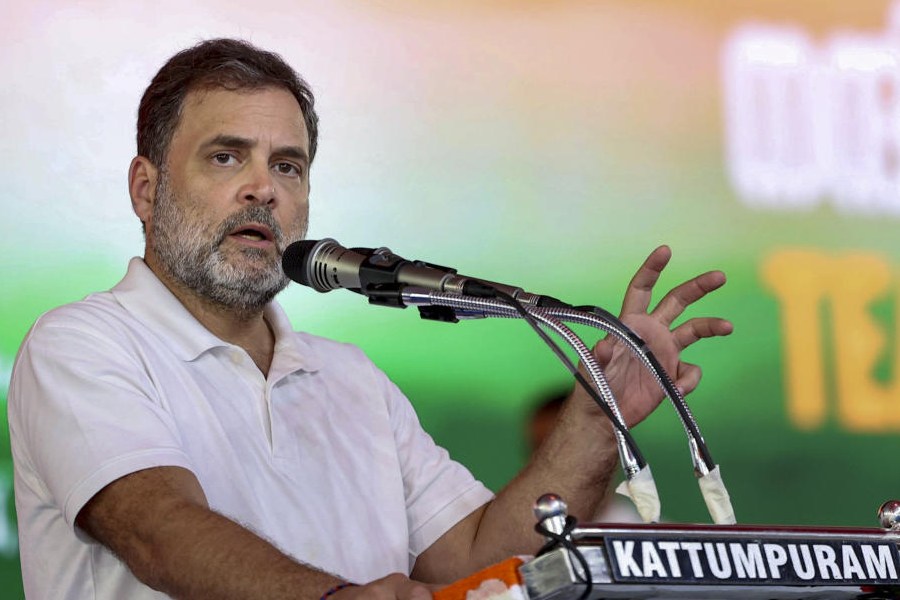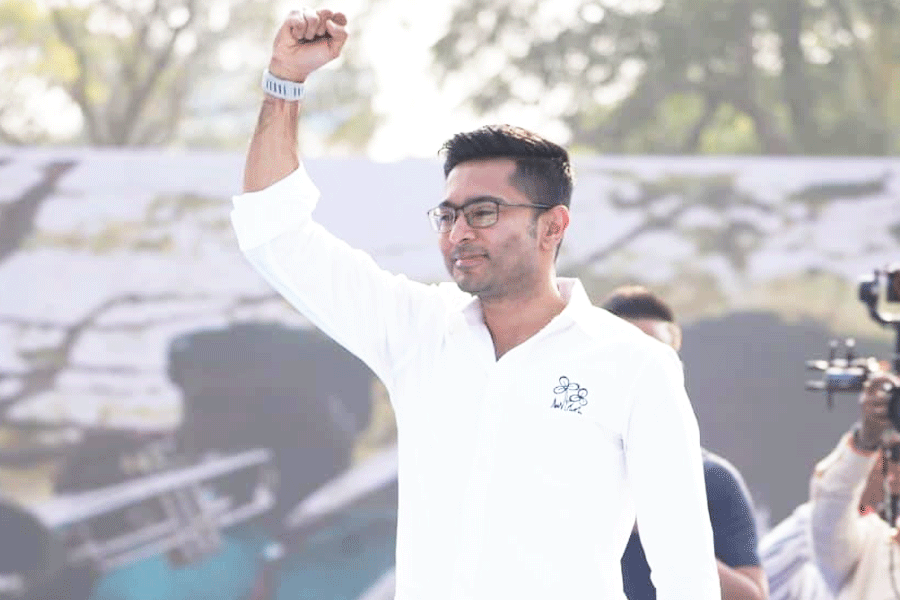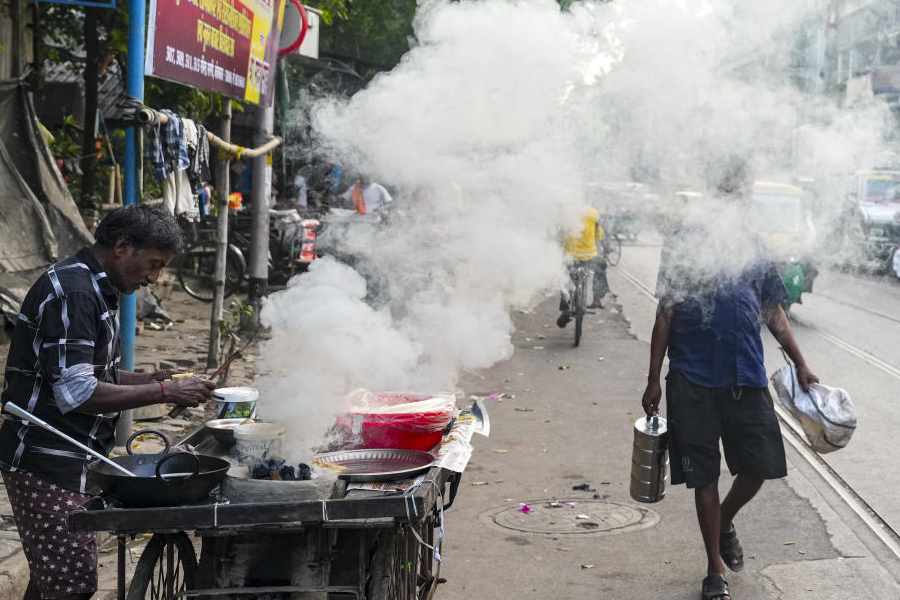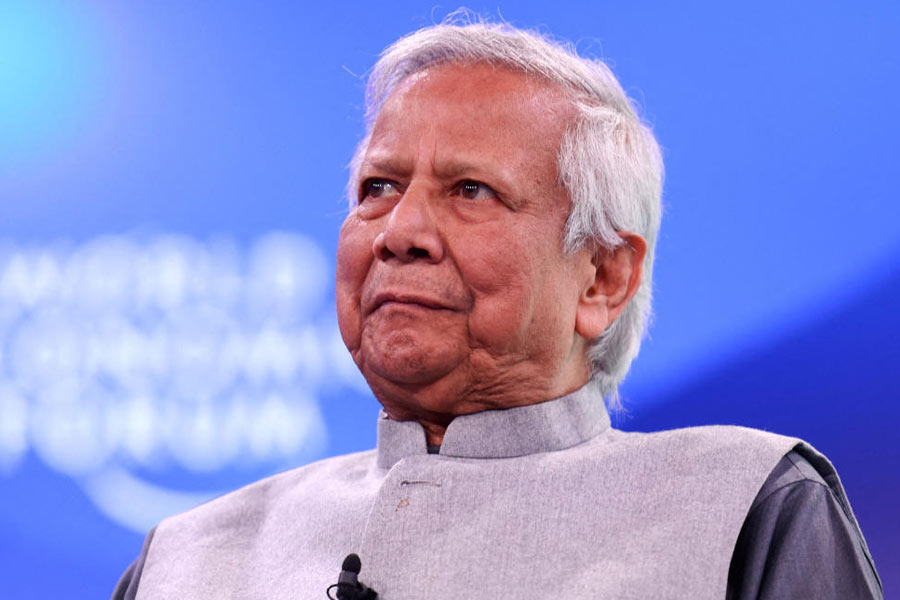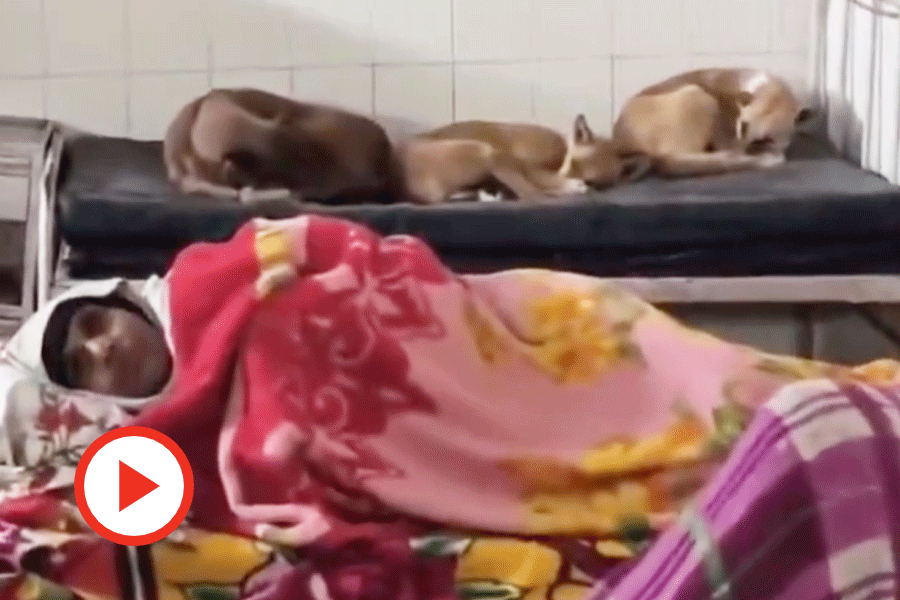Social media forwards of excerpts from a central government-published book eulogising a rebel against British rule who the Right wing describes as “anti-Hindu” has caused embarrassment to the Sangh parivar, more so because the compilation had been released by Prime Minister Narendra Modi.
Dictionary of Martyrs of India’s Freedom Struggle (1857-1947), jointly published by the ministry of culture and the Indian Council of Historical Research, portrays Variyamkunnath Kunjahamed Haji, the most prominent leader of the 1921 Mappila Rebellion or Malabar Rebellion in north Kerala against the British colonial forces, in a positive light.
The book, chronicling the freedom movement from the Sepoy Mutiny to Independence, was released in 2019 by Modi, who had then spoken about the need to “honour” and “remember” those who had shaped the nation’s history.
The Malabar Rebellion essentially began as an uprising against the British and the feudal system, but the history of this important event in India’s freedom struggle is complex as many oppressive Hindu landlords, who had been aided by the colonial forces, were killed by the peasantry.
Variyamkunnath Haji is generally celebrated as a patriot who fought the British till he was shot and killed. However, it is also believed that he had killed Hindu landlords who committed untold miseries on the so-called lower caste peasantry of Malabar, or north Kerala.
The controversy surrounding the Malabar Rebellion got a new lease of life this June when two film projects were announced on Variyamkunnath Haji, one hailing him and the other seeking to portray him in a negative light.
Over the past few days, excerpts from Dictionary of Martyrs of India’s Freedom Struggle that have glorious references to Variyamkunnath Haji have been doing the rounds on social media along with news reports from 2019 on the Prime Minister releasing the five-volume compilation.
Caught off guard, Hindutva groups have written to the Centre demanding a ban on the sale of the book.
However, what has ironically stopped these outfits from going the whole hog is the fact that Modi had himself released the book. The outfits are now trying to make the point that the book had been commissioned during the UPA era.
“We were aghast at the contents but then realised it was a UPA project,” Hindu Aikyavedi president K.P. Sasikala told The Telegraph. The Sangh parivar views the Malabar Rebellion as an anti-Hindu pogrom.
“We have asked the government to stop the sale of the book as it contains positive references (to Variyamkunnath Haji), because it was the UPA government that started the project with an aim of including Hindu haters like him,” she said.
“This book has not weakened our argument since the people understand what we have been saying on this issue,” she said.
A page from the book circulating on social media states gives a brief description of Variyamkunnath Haji, who was born at Ernad in south Malabar to Moideen Haji and Aminakutty Hajjumma. The book describes him as a “close associate and relative of Ali Musaliar”, another Malabar Rebellion hero.
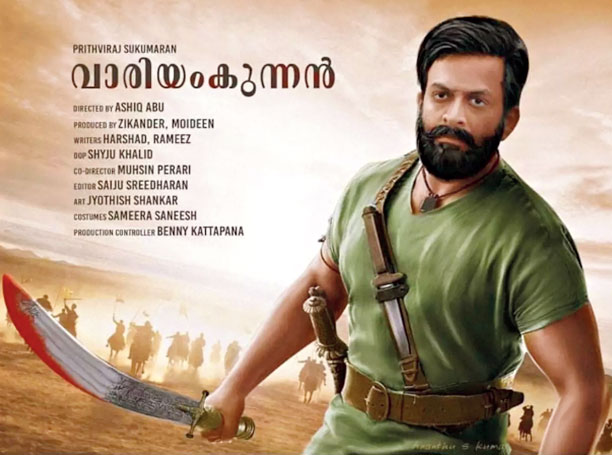
A poster created by fans shows Prithviraj as Variyamkunnath Haji in Ashiq Abu’s upcoming biopic Sourced by the correspondent
It states that Variyamkunnath Haji and his father had been exiled for a short period to Mecca for anti-government activities. “Thereafter, they came back and continued with their anti-British demeanour. He became a significant leader in Manjeri and Nilambur and led the attack on the British army at Kallamala, as well as on the Gudalur Police Training Camp,” the excerpts from the book say. Variyamkunnath Haji was captured in January 1922 and shot dead days later on January 20 after a summary trial.
Modi’s official website, narendramodi.in, mentions in a report on the release of the book in New Delhi: “The Prime Minister asserted that a nation that does not honour and remember those who created, or are an important part of its history, often does not have a secure future. In that sense, he added that this effort, is not just a way to cherish the past, but is also a way to secure the future. He said that youth should especially be made aware of this effort.”
“The Prime Minister said that the effort of the Union Government is to nurture and recall the brave deeds of the heroes of our freedom struggle. He said this has a positive influence on the future generations, and inspires them to think of ‘India First’,” the website added.
Kerala lawmaker K.V. Abdul Khader of the CPM said on Saturday that the demand to withdraw the book needed to be seen in the light of the government’s decision to remove chapters on secularism from school textbooks.
“This is the exact agenda of the BJP. They want all references to secularism and pluralism to be removed,” Khader said.
Former MP and veteran Congress leader C. Haridas, who is a native of Ponnani in the heart of Malappuram where the rebellion played out, rubbished the Hindu Right wing “propaganda” against the historical event.
“I live in Ponnani, which I often term as ‘Little Mecca’ in my speeches. It’s saddening that the Sangh parivar is portraying such a rebellion against the British as a massacre of Hindus,” he told this newspaper.
“Today’s generation goes by WhatsApp forwards to judge everything, including history. My advice to all those who spread lies against Variyamkunnath Haji is to read history books,” he added.
Filmmaker Ali Akbar, a BJP fellow traveller, had earlier this year launched a rival project to “expose” Variyamkunnath Haji and the “real intent” of the Mappila Rebellion.
Before him, noted filmmaker Ashiq Abu announced a film on Variyamkunnath Haji, starring superstar Prithviraj in the title role, reigniting the debate on the controversial figure and the movement he played a key role in.
Speaking to this newspaper, Ali suggested that it was not a rebellion because the participants had largely gone unchallenged while executing their agenda before the British army arrived. “This ICHR book has not weakened my argument. Mine is a film of antagonists,” he said.

